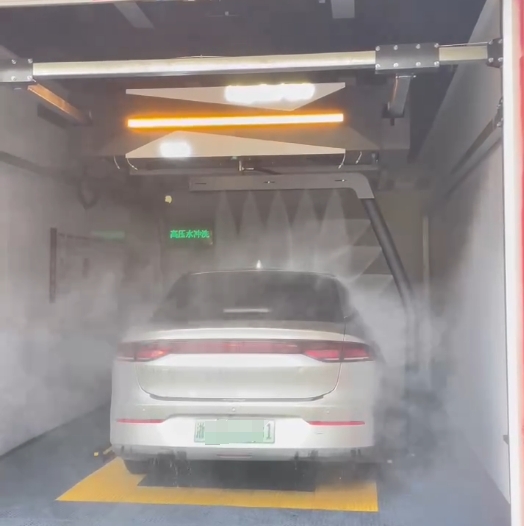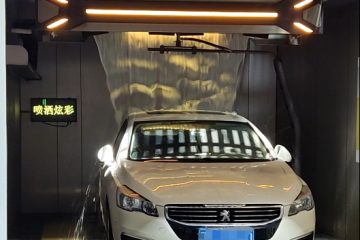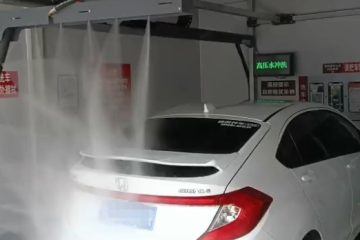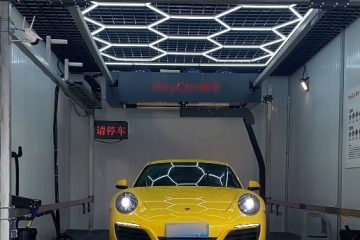The Philippines, a nation with a booming automotive industry and a growing middle class, is witnessing a rapid increase in the popularity of automated car washes. Gone are the days when washing your car meant hours spent scrubbing and rinsing under the scorching sun.
Automated car washes offer a convenient, efficient, and often more thorough cleaning experience, appealing to busy Filipinos and car enthusiasts alike.

The Appeal of Automation:
Several factors contribute to the rising demand for automated car washes across the archipelago:
Time Efficiency: In a fast-paced society, time is a precious commodity. Automated car washes drastically reduce the time needed to clean a vehicle, often completing the process in under 10 minutes. This is a significant advantage for busy professionals and families.
Convenience: Automated systems offer a hassle-free experience. No more hauling buckets, struggling with hoses, or battling stubborn dirt. Simply drive in, select your wash package, and relax while the automated system does the work.
Consistent Results: Unlike manual car washes, automated systems deliver consistent results every time. The programmed wash cycles ensure a thorough cleaning, reducing the risk of missed spots or uneven cleaning.
Water Conservation: Many modern automated car washes utilize water-saving technologies, such as high-pressure sprayers and water recycling systems. This is increasingly important in a country prone to water shortages.
Variety of Packages: Automated car washes cater to diverse needs and budgets, offering a range of wash packages from basic washes to premium options that include waxing, tire cleaning, and interior detailing.
Challenges and Future Trends:
Despite the growing popularity, automated car washes in the Philippines face some challenges:
Initial Investment Costs: Setting up an automated car wash requires a significant initial investment, which can be a barrier to entry for smaller businesses.
Maintenance and Repair: These sophisticated systems require regular maintenance and repairs, which can be costly.
Accessibility: Automated car washes are currently more prevalent in urban areas, leaving many in rural communities with limited access.
Looking ahead, we can expect to see:
Expansion into smaller cities and towns: As the technology becomes more affordable and accessible, we can anticipate the spread of automated car washes to areas beyond major metropolitan centers.
Technological advancements: Innovations in technology will likely lead to even more efficient and environmentally friendly automated car wash systems.
Increased competition: The growing popularity of the industry is likely to attract more players, leading to increased competition and potentially lower prices for consumers.
In conclusion, automated car washes are rapidly transforming the car cleaning landscape in the Philippines. Their convenience, efficiency, and increasingly environmentally conscious practices are making them an attractive option for a growing number of Filipino car owners. While challenges remain, the future looks bright for this burgeoning industry.




